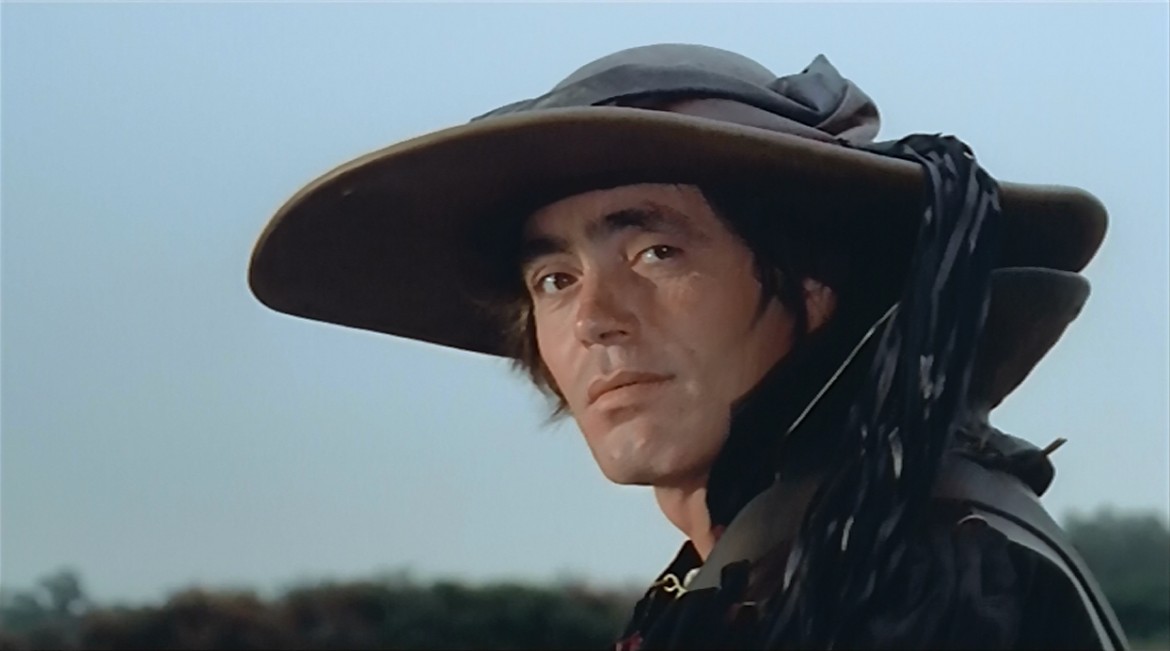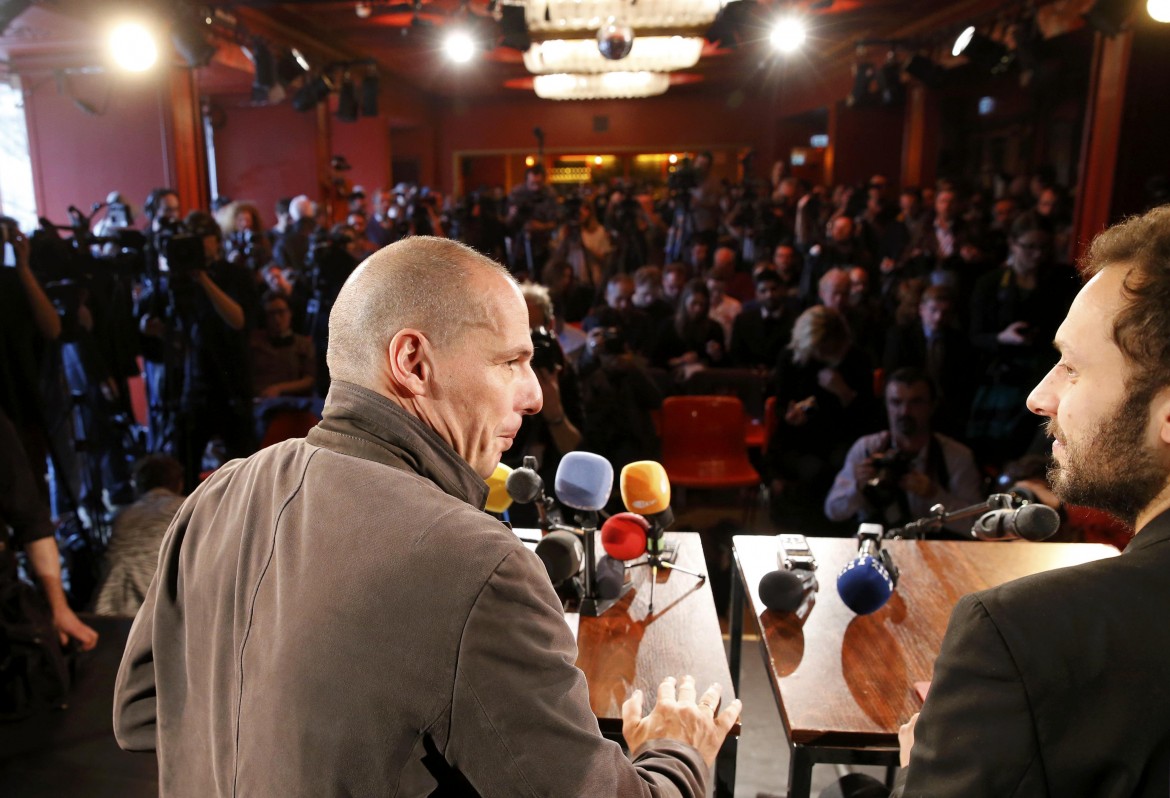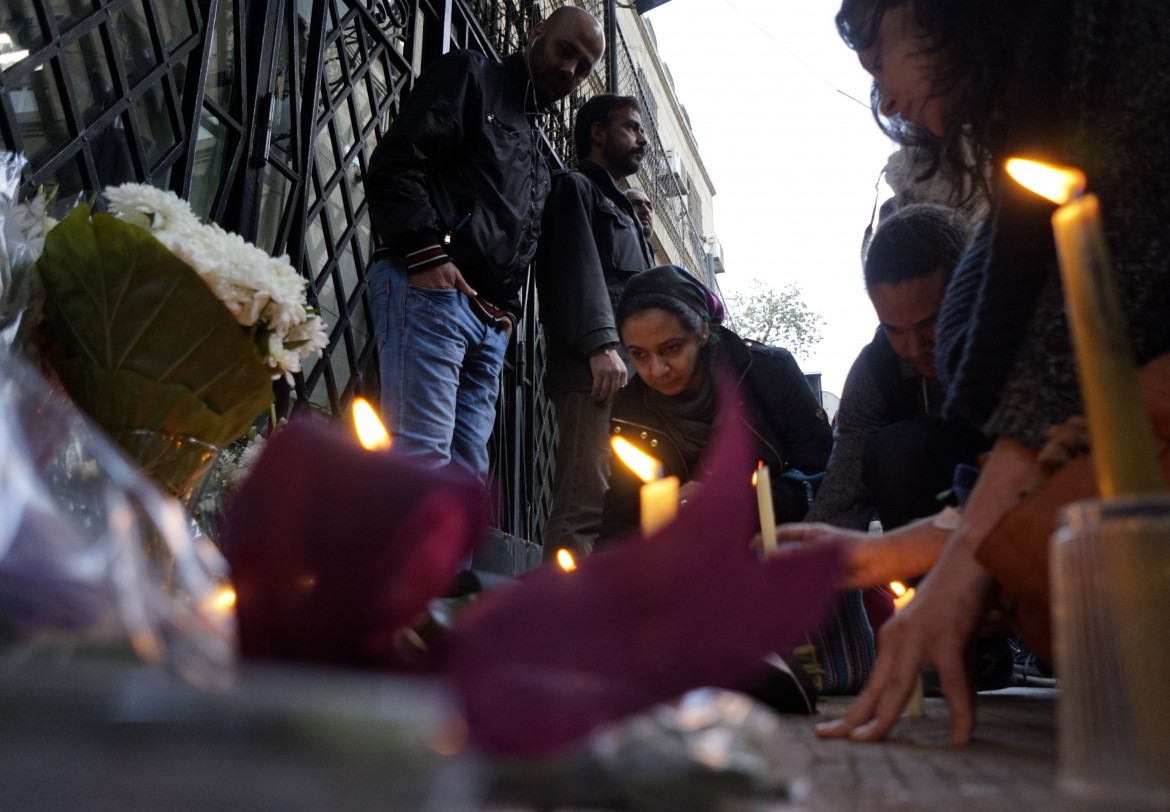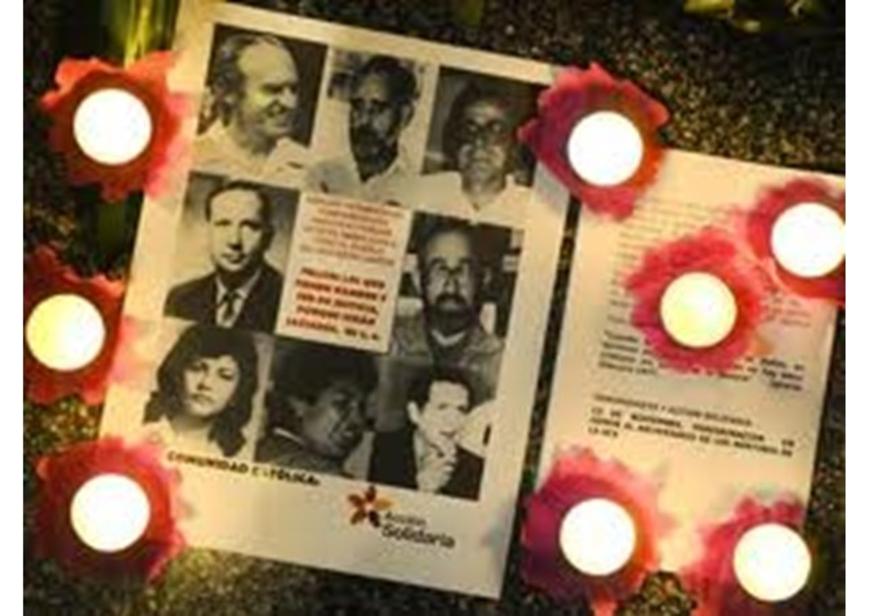The last time we saw Franco Citti, the Italian actor who played Calò in The Godfather, was a few years ago, during a press conference his brother Sergio organized to disclose information about the murder of their friend, writer and director Pier Paolo Pasolini.
Franco Citti followed along, listened to the questions and twinkled his eyes to the many accolades of his work, but he could not speak because he had suffered a stroke. Now comes the news of his death, announced by fellow actor Ninetto Davoli. Citti passed away in his home at the age of 80, ill for some time, although less than a month ago he attended a soccer match as part of the celebrations for the 40th anniversary of the death of Pasolini.
The Cittis were the ones who led Pasolini to street soccer, or, as Pasolini said, the freedom to take off his young professor tie. And it was Pasolini who “discovered” him in the ‘50s, when he still wrote poems in the Friulian language and was beginning to think of his novel Ragazzi di Vita. They were introduced by Sergio while Franco was all covered with lime, he says, because he was a bricklayer with his father. He would represent the vision of a focused world. He was the tramp, the devil and the prey of tragic fate (from the folds of his face and in his soul, where an unforgettable Oedipus Rex flourishes), a presence from which the poet could imagine upon, develop concepts and imagine stories, despite his simplicity.
On the one hand the angelic Ninetto and on the other, the dark Franco, to defend the judgment of the bourgeois sitting in front of the TV, as Pasolini told Carlo Di Carlo: “It is easy for them to condemn those who lose hours and hours of their day and their night to fight against the sweet violence of temptation.”
When Pasolini made his debut in films he became the protagonist of Accattone. “He and the tramp are the same person,” Pasolini said, and it would have been interesting to listen to Franco’s comments about the aesthetics of death. He defined it as, “I’m a damn beggar,” but also “a nice sincere film, shot with all the friends.” But then he pondered whether to go back to being a mason, since there were too many fake people in the movie business.
Since that movie, he then featured in Italian cinema as the proletarian face of all ages. No need to practice the look, he was warned, it was enough to remain himself. He became Carmine who returns to exploit Mamma Roma, the cannibal of Pigsty (1969), Ciappelletto in The Decameron (1971), a devil in Canterbury Tales (1972), another demon, but this time Eastern, in The Flower of the One Thousand and One Nights (1974).
As was the case in the neorealist cinema, he had received the mark of his director. Pasolini, he said, did not like him to accept roles in France (except for Marcel Carné’s Behind the Facade of 1963) or even worse in the U.S. And don’t even think of going through the trouble to learn English; that would corrupt him (even though he participated in The Godfather in 1972 and 1990). Instead, he had an intense presence in the Italian cinema, with a restless and arrogant character in the films of his brother Sergio that would take him back to the location and acquaintances of his origins: Ostia, Storie Scellerate, Casotto, Minestrone, Magi randagi and Cartoni Animati. He was very proud of the latter. In theater, he performed in Salomé by Carmelo Bene (in ’63), in Requiescant by Lizzani (’67), Seduto alla sua Destra by Zurlini (‘68), Colpito da Improvviso Benessere by Giraldi (‘76), Todo Modo by Elio Petri (‘76), La Luna by Bertolucci (‘79), and Il Segreto by Maselli (‘90).
In “Vita di un Ragazzo di Vita,” written with Claudio Valentini, he speaks of Pasolini as “a case of purity, you cannot betray him.” But he says, he betrayed himself: He talked too much, gave too much friendship (“Given how much he liked to talk, he would not get out alive”) and stressed: “I and my brother Sergio, the director, we have done the investigations into the village. Pelosi was excluded. Nobody spoke because they received death threats.”






